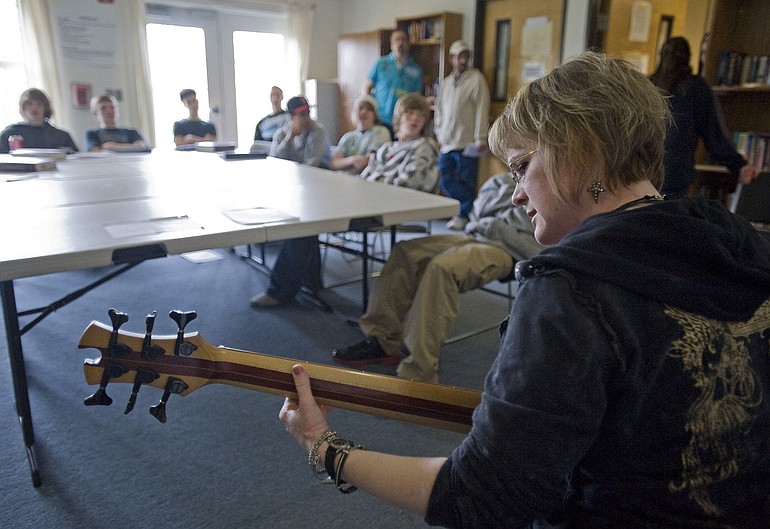Singing the blues can be tough when, on the inside, you don’t feel a thing.
Lisa Mann said she spent years that way — playing music for pay and not really caring about it. A bass player since age 11, she was gigging by her teen years — playing in the band, regurgitating punk or rock or top-40 pop or whatever style was bringing in the fans.
“I would have ideas, too,” she said. “I wanted to make my own record. I wanted to have my own band. But I never finished anything. I couldn’t finish writing a song. I couldn’t get it together.”
Why not? Alcohol and drugs. They dulled her focus, clouded her mind, dampened her ambition. “When I was drinking and using, I would think, ‘Someday, I’m gonna do this,’” she said. “‘Someday I’m gonna have my own band, make my own records. When the conditions are right.’”




